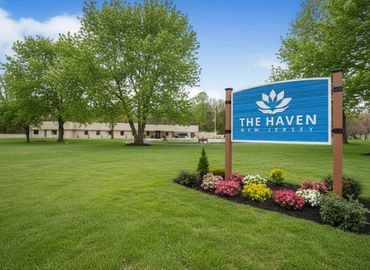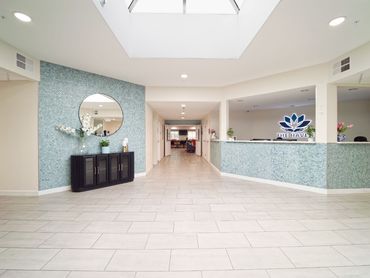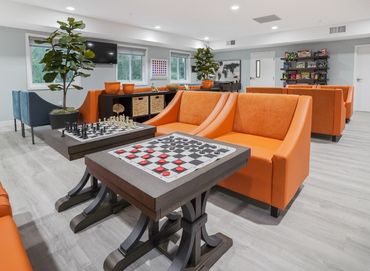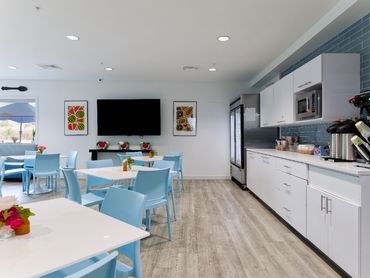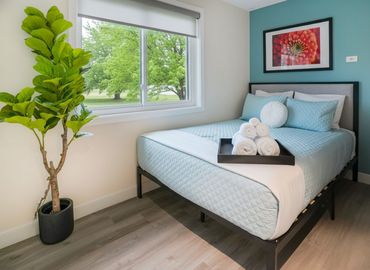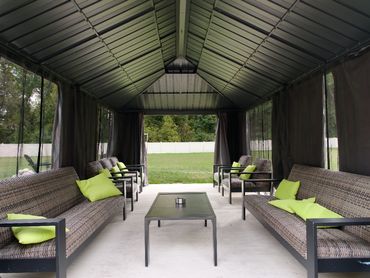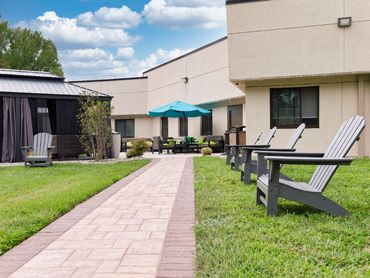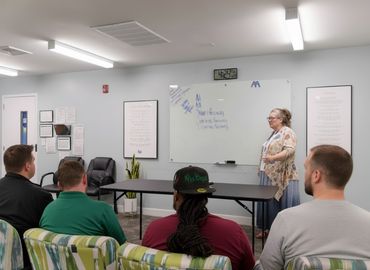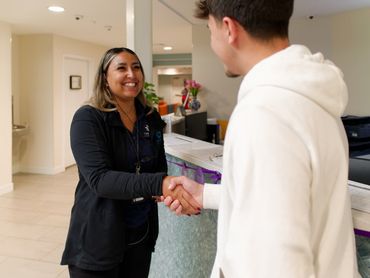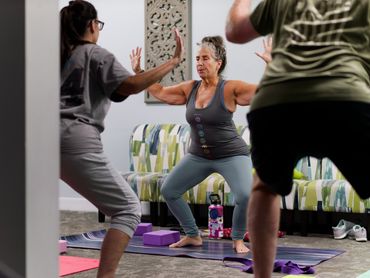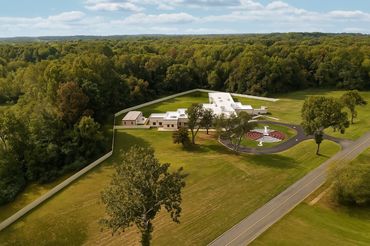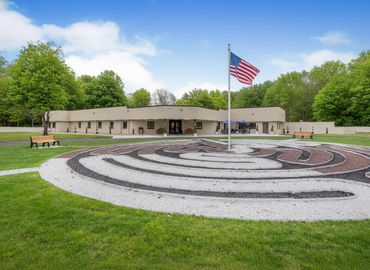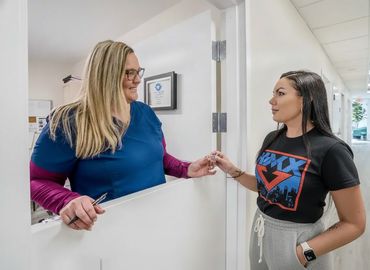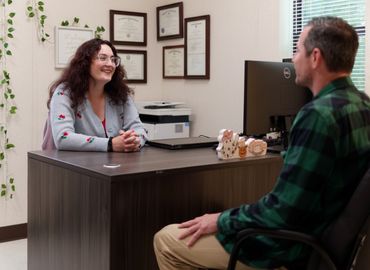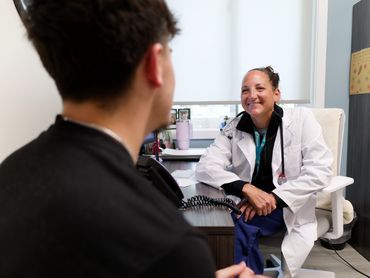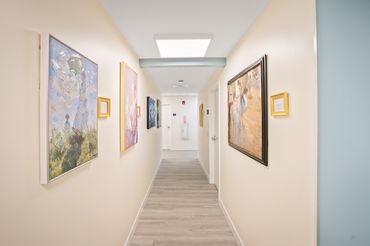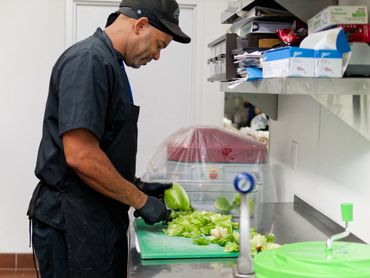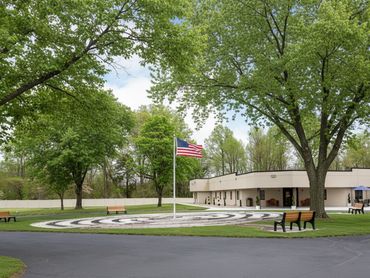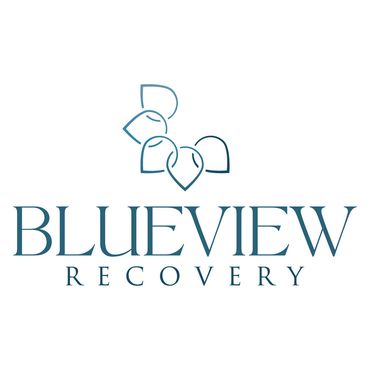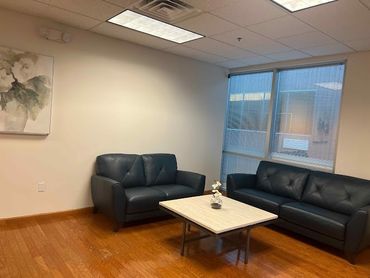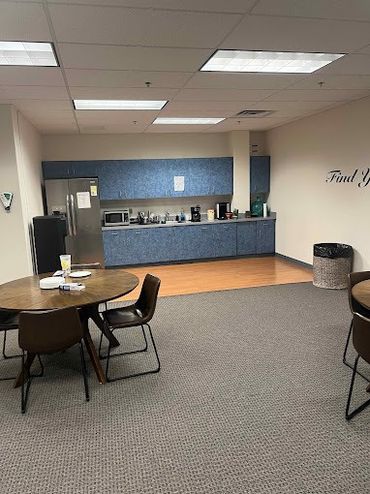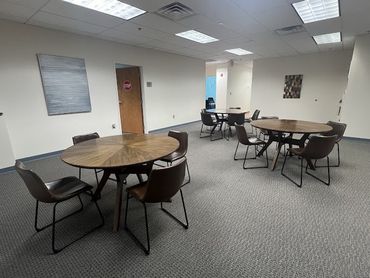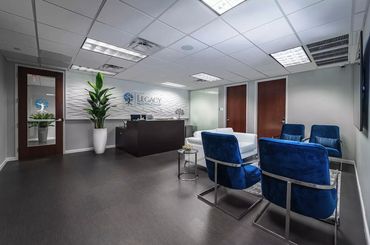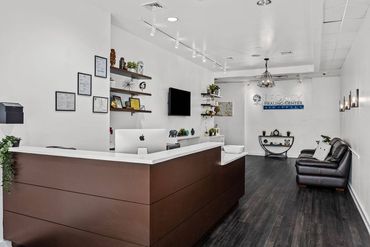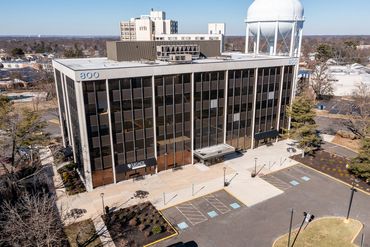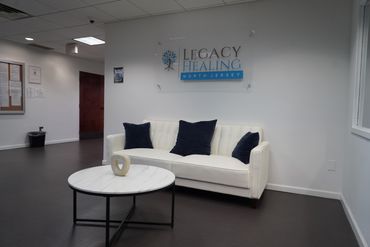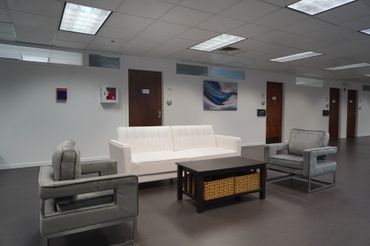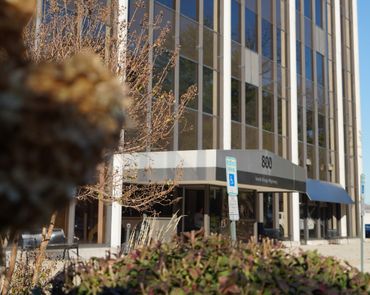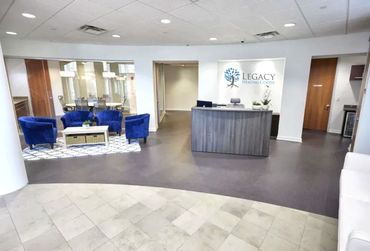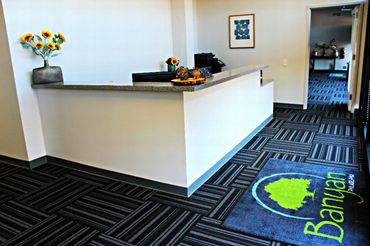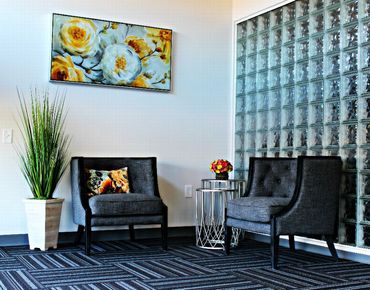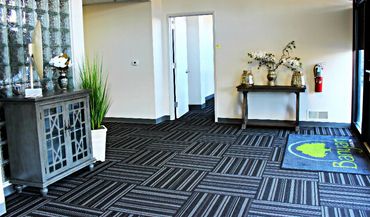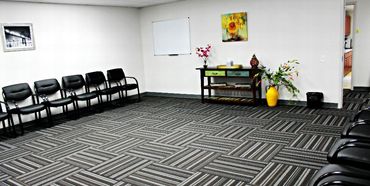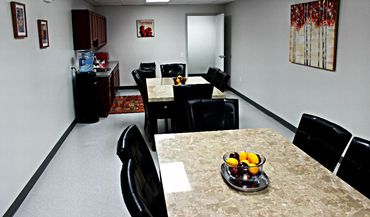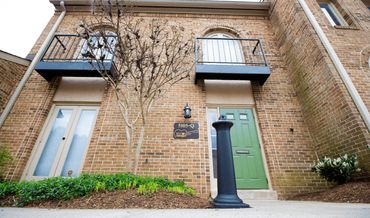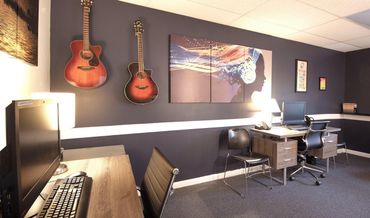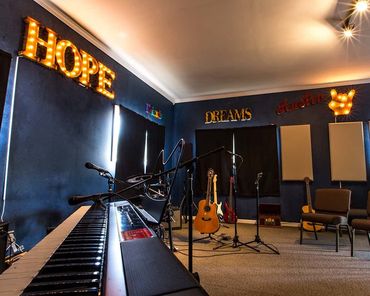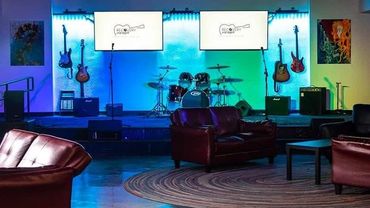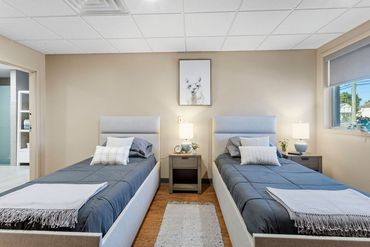
Drug & Alcohol Rehab Centers near Earleville, MD
When seeking treatment for substance use disorder in Earleville, Maryland, taking that first step towards recovery is of paramount importance. Understanding payment options and the array of treatment choices available can greatly impact the journey to recovery.
Treatment Centers near Earleville, MD
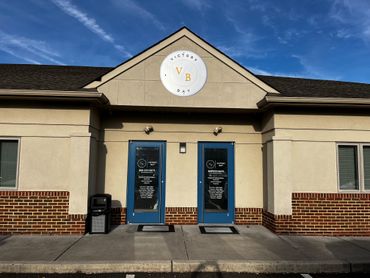
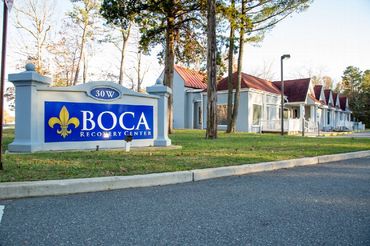
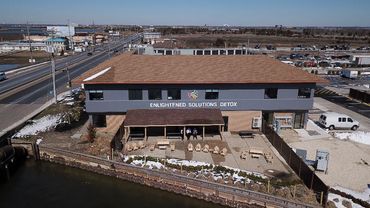
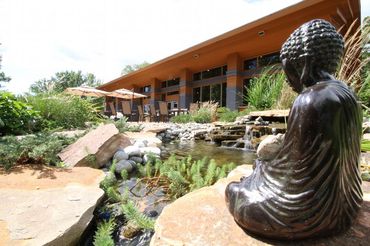
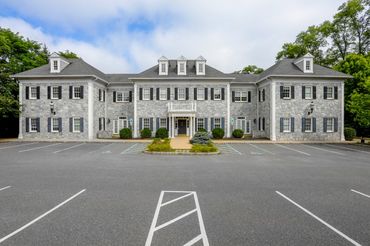
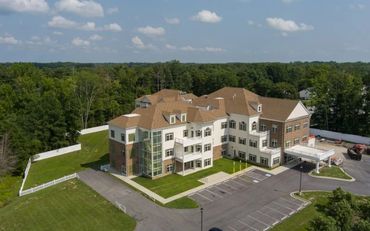
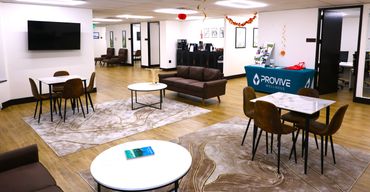
Open to Travel? Check out Top-Rated Options
All Treatment Centers near Earleville, MD
Are You Covered For Treatment?
- Baltimore Rehabs
- Frederick Rehabs
- Hagerstown Rehabs
- Salisbury Rehabs
- Glen Burnie Rehabs
- Bel Air Rehabs
- Towson Rehabs
- Elkton Rehabs
- Westminster Rehabs
- Rockville Rehabs
Information About Rehab in Earleville
Latest Reviews
Latest Reviews of Rehabs in Maryland
Recovery Centers of America at Bracebridge Hall
Being a scam victim can depressing, you were given empty promises. They usually stop replying after achieving their aim with hurts even more, i have been there too as i was too ambitious and wanted financial security which made me invest a huge chunk
Area Information
Earleville, Maryland, is a charming and picturesque town located in Cecil County, on the scenic eastern shore of the Chesapeake Bay. Known for its serene waterfront views and rural beauty, Earleville is a peaceful escape from the hustle and bustle of urban life. The town’s rich history and close-knit community add to its small-town charm, making it a popular destination for those seeking a quieter, more relaxed way of life. Outdoor enthusiasts can enjoy activities such as boating, fishing, and hiking in the surrounding natural areas, while local businesses and friendly residents contribute to the town’s warm and welcoming atmosphere.
Substance Misuse and Addiction in Earleville, Maryland
In Cecil County, where Earleville is situated, the issue of substance misuse and addiction presents a significant concern. The incidence of current illicit drug abuse or dependence in Cecil County stands at 4.4%, surpassing the state average of 2.9%.1 Furthermore, a substantial 29.1% of young adults, aged 18 to 24, acknowledge a history of illegal drug use.1 Moreover, 10.9% of adults in Cecil County have reported engaging in binge drinking in the past month, while 4.4% admit to chronic drinking, emphasizing the severity of the substance-related challenges faced by the community.1
Drug and Alcohol Rehab
Rehabilitation for addiction comes in various forms and programs, each designed to address the unique needs of individuals battling substance use disorder.
What Happens in Drug and Alcohol Rehab?
Entering a rehabilitation program involves multiple levels of care, including detox, inpatient, outpatient, and aftercare. These stages are tailored to accommodate the diverse journeys individuals undertake on the path to recovery.
Detox Programs
The first stage of addiction treatment is detoxification, often referred to as “detox.” This is a critical and medically supervised process that focuses on helping individuals safely and comfortably manage the physical and psychological symptoms of withdrawal. During detox, the use of specific medications is often prescribed to alleviate the discomfort associated with withdrawal from substances like alcohol, opioids, or benzodiazepines. By offering a safe and supportive environment, detox programs ensure that clients can transition from the grip of addiction to the next phase of their recovery journey with increased stability.
How Long Is Detox in Rehab?
It’s important to note that the duration of detox can vary widely, typically ranging from 3 to 7 days, depending on several factors such as the type of substance abused, the severity of the addiction, an individual’s overall health, and their unique response to the detox process.
Inpatient Drug and Alcohol Rehab
Inpatient drug rehab programs represent a structured and immersive approach to addiction treatment. These programs typically last for 30 days, although extended 60 or 90-day options are available for those who require more intensive support. Inpatient facilities provide a safe and controlled environment where clients reside throughout their treatment. Therapy is a cornerstone of inpatient rehab, encompassing individual counseling, group therapy, and various holistic approaches.
Group therapy, in particular, plays a pivotal role in these programs as it fosters peer support and a sense of community among clients. In addition to addressing addiction issues, inpatient rehab also aims to tackle any co-occurring mental health disorders, ensuring that clients receive comprehensive care for their overall well-being. The immersive nature of inpatient drug and alcohol rehab minimizes distractions and external triggers, allowing individuals to fully focus on their healing journey.
Outpatient Drug and Alcohol Rehab
Outpatient drug rehab offers a more flexible approach to addiction treatment. It is designed for individuals who may not be able to commit to the intensive structure of inpatient care or who have completed an inpatient program and require ongoing support. Outpatient programs typically involve regular therapy sessions, allowing clients to continue their daily responsibilities while receiving treatment.
These programs not only provide therapy but also impart essential tools for aftercare and relapse prevention. By equipping individuals with the skills and strategies needed to maintain sobriety in their real-world environments, outpatient programs empower clients to gradually transition back into their daily lives while ensuring they have ongoing support as they navigate the challenges of recovery.
How Much Does Rehab Cost?
The financial burden of rehab can be daunting, but it should never be a deterrent to seeking help. There are several options for covering the costs of treatment, such as:
- Payment Plans
- Government Grants and Scholarships
- Free Rehab
- State-Funded Rehab
Does Insurance Cover Drug and Alcohol Rehab?
Many insurance plans provide partial coverage for rehab costs, making treatment more accessible to those in need. Drug rehab insurance can be a valuable resource in funding your recovery journey. Widely accepted insurances include:
Finding The Best Rehab Center
Earleville, Maryland Drug and Alcohol Rehab Facilities
Our rehab locator tool can help you find nearby facilities in Maryland, but remember that sometimes seeking treatment out of state can reduce distractions and enhance your chances of success. Whether you’re looking for treatment in Maryland, Massachusetts, or elsewhere, our tool can guide you to the ideal facility.
Sources
- Cecil County Drug and Alcohol Abuse Council. Plans, Strategies, and Priorities for Meeting the Identified Needs of the General Public and Criminal System for Alcohol and Drug Abuse Evaluation, Prevention, and Treatment. February 15, 2016.
